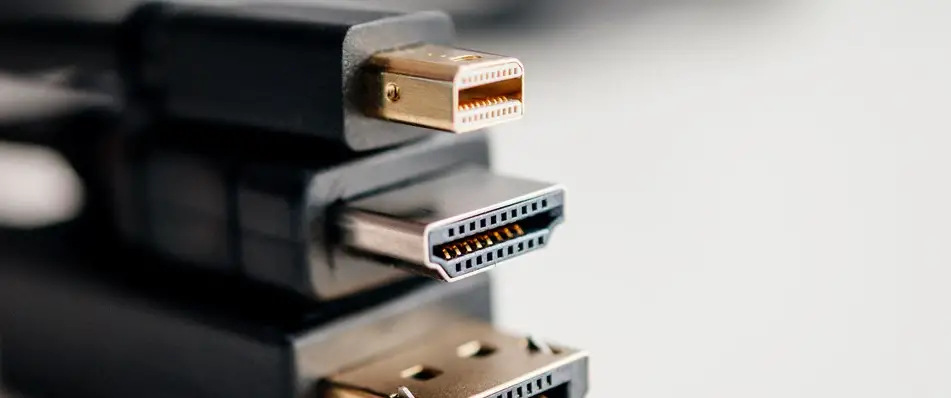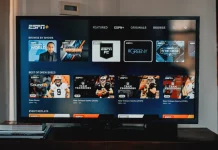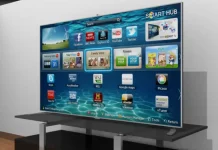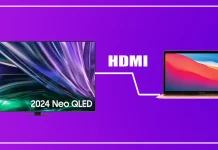When selecting an HDMI cable, you have several options. You can opt for a shorter cable, which might be inconvenient in certain situations, or you can choose a longer one. HDMI cables are available in lengths ranging from 3 feet (1 meter) to 500 feet (150 meters).
However, there are a few important considerations to keep in mind when making your choice.
Available HDMI Cables
Although HDMI is primarily an electrical interface, its signal can be transmitted by converting it to other types of interfaces, allowing for longer cable lengths using optical signals as the transmission medium. It’s commonly believed that a copper HDMI cable can handle lengths up to 50 feet (15 meters), but this isn’t entirely accurate. Copper cables can be made longer, but they would become excessively thick and cumbersome to use. Thus, the optimal balance between cable thickness and length has been standardized. Here are some characteristics of different types of HDMI cables:
Copper HDMI Cables:
Classic cables that, depending on their design, can handle 4K or 8K signals and frequencies from 60 to 120 Hz. Their effective length is limited to 50 feet (15 meters).
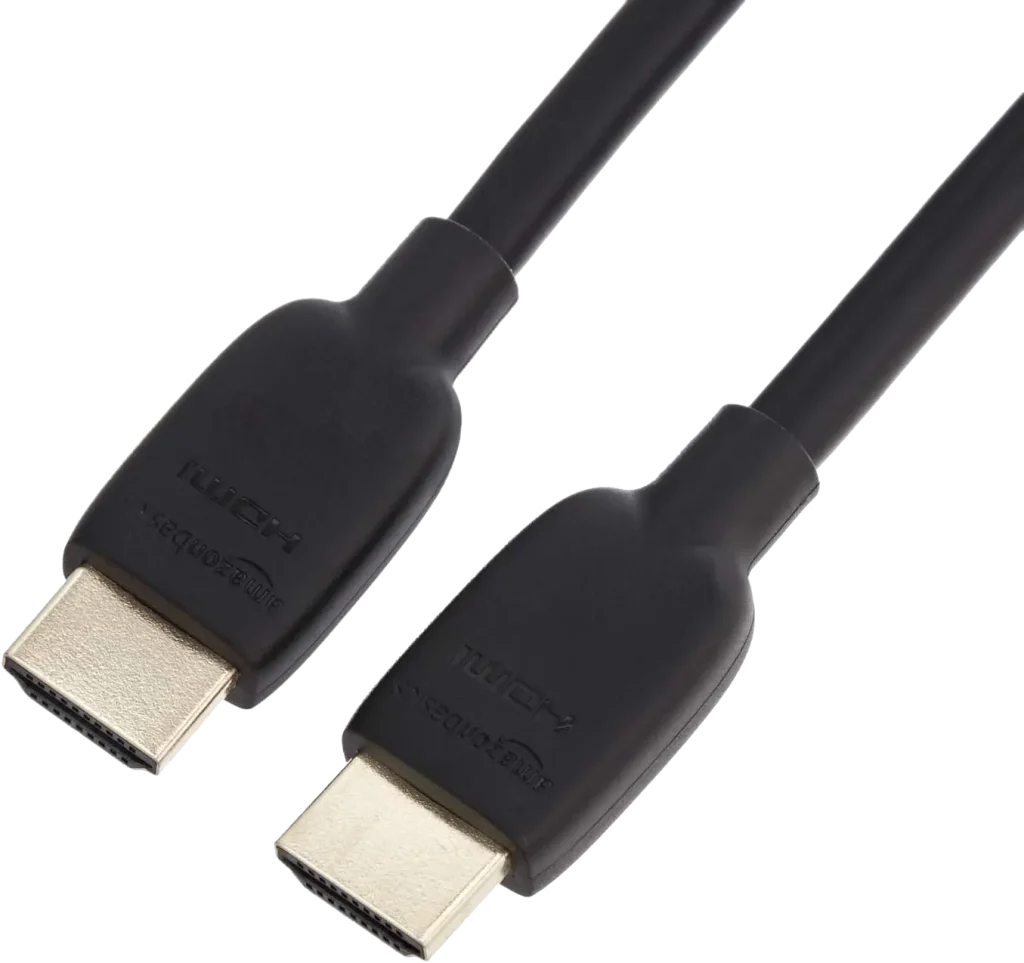
Amazon Basics HDMI Cable, 48Gbps High-Speed, 8K@60Hz, 4K@120Hz, Gold-Plated Plugs, Ethernet Ready, 6 Foot, Black
4.7 out of 5 stars 13,624 ratings
Optical HDMI Cables:
These cables have an optical transmitter built in that converts the HDMI signal into an optical signal. Unlike classic cables, they have fewer copper conductors, which are only used to power the receiver at the far end of the cable. Optical HDMI cables are unidirectional, meaning the connection order must be strictly observed. Reverse audio channel (ARC) is not normally supported, but if it is, the cable must include the appropriate copper conductors, though this is rarely implemented on long ARC cables.
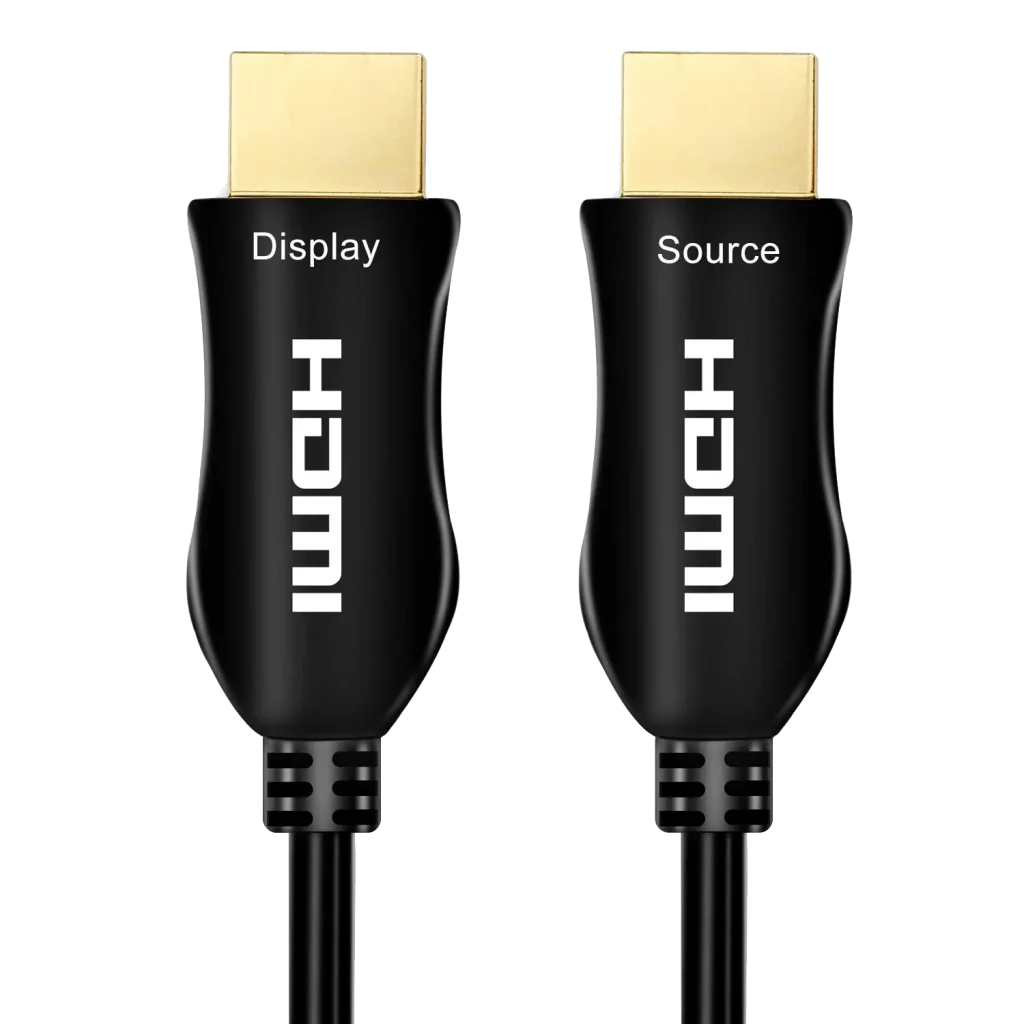
4K Fiber Optic HDMI Cable 150 Feet 4K 60Hz(4:4:4 RGB HDR10 HDCP2.2) 1440p 144Hz 18Gbps High Speed Ultra HD Directional Active Cord Compatible with Apple-TV Ps4 Xbox One
4.4 out of 5 stars 1,320 ratings
Table HDMI cable length and signal transmission technology
| HDMI cable length (Ft/m) | Used technology |
|---|---|
| 3ft/1m | electric/optical |
| 6ft/2m | electric/optical |
| 12ft/4m | electric/optical |
| 15ft/5m | electric/optical |
| 30ft/10m | electric/optical |
| 50ft/15m | electric/optical |
| 100ft/30m | only optics |
| 150ft/45m | only optics |
| 200ft/60m | only optics |
| 300ft/90m | only optics |
| 328ft/100m | only optics |
| 500ft/150m | only optics |
Does the length of HDMI cable affect quality?
Yes, the length of the cable affects the quality of the signal. This is true, and the reason is not so much the length, but the quality of the cable construction. Under ideal conditions, cable length should have very little effect on signal quality. And in expensive, high-quality HDMI cables, this is indeed the case. However, if you want to buy a cheaper HDMI cable, the cable length will almost directly affect the signal quality, this is true for cables with physical conductors.
With optical cables, cable length has no effect on signal quality. For longer cables, more powerful optical transmitters are made to compensate for signal attenuation in the cable. Therefore, when buying a cable, focus on reviews from customers who have actually bought and used an HDMI cable.
HDMI Cables for Full HD, 4K, and 8K
When it comes to cable lengths for different display resolutions, there isn’t a straightforward pattern; rather, different HDMI standards have varying signal bandwidths. Copper cables for Full HD have fewer conductors, while optical cables feature different optical transmitters and receivers.
Therefore, when choosing a cable, you need to select one that best suits your devices. For example, if you have a TV with a 4K display that supports 120 or 144 Hz, it’s best to buy a 4K 120 Hz cable. Conversely, if your screen only supports 60 Hz, then a 4K 60 Hz cable will suffice.


